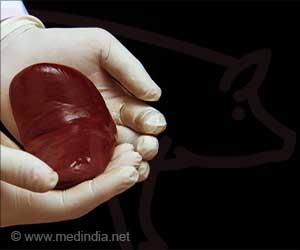Maggot debridement therapy is mostly preferred for healing an open wound caused by diabetic foot ulcers.

‘Genetically modified maggots show potential to heal wounds faster by secreting human platelet-derived growth factor-BB (PDGF-BB), that stimulates cell growth and survival.’





The first technique involved triggering the production of PDGF-BB by exposing the larvae to high level of heat (a level of 37 degrees Celsius). Though there was detectable levels of secretion, it was found to be less effective in healing the wounds.The second technique involved engineering the larvae such that it secreted only PDGF-BB when given a diet lacking antibiotic tetracycline. PDGF-BB was made at high levels in the larvae and was found in the excretions and secretions of maggots, making the technique a potential candidate for clinical use. The study on trial was published in the journal BMC Biotechnology.
Max Scott, lead researcher said, “We see this as a proof of principle study for the future development of engineered Lucilia sericata strains that express a variety of growth factors and antimicrobial peptides, with the long-term aim of developing a cost-effective means for wound treatment that could save people from amputation and other harmful effects of diabetes.”
Source-Medindia











